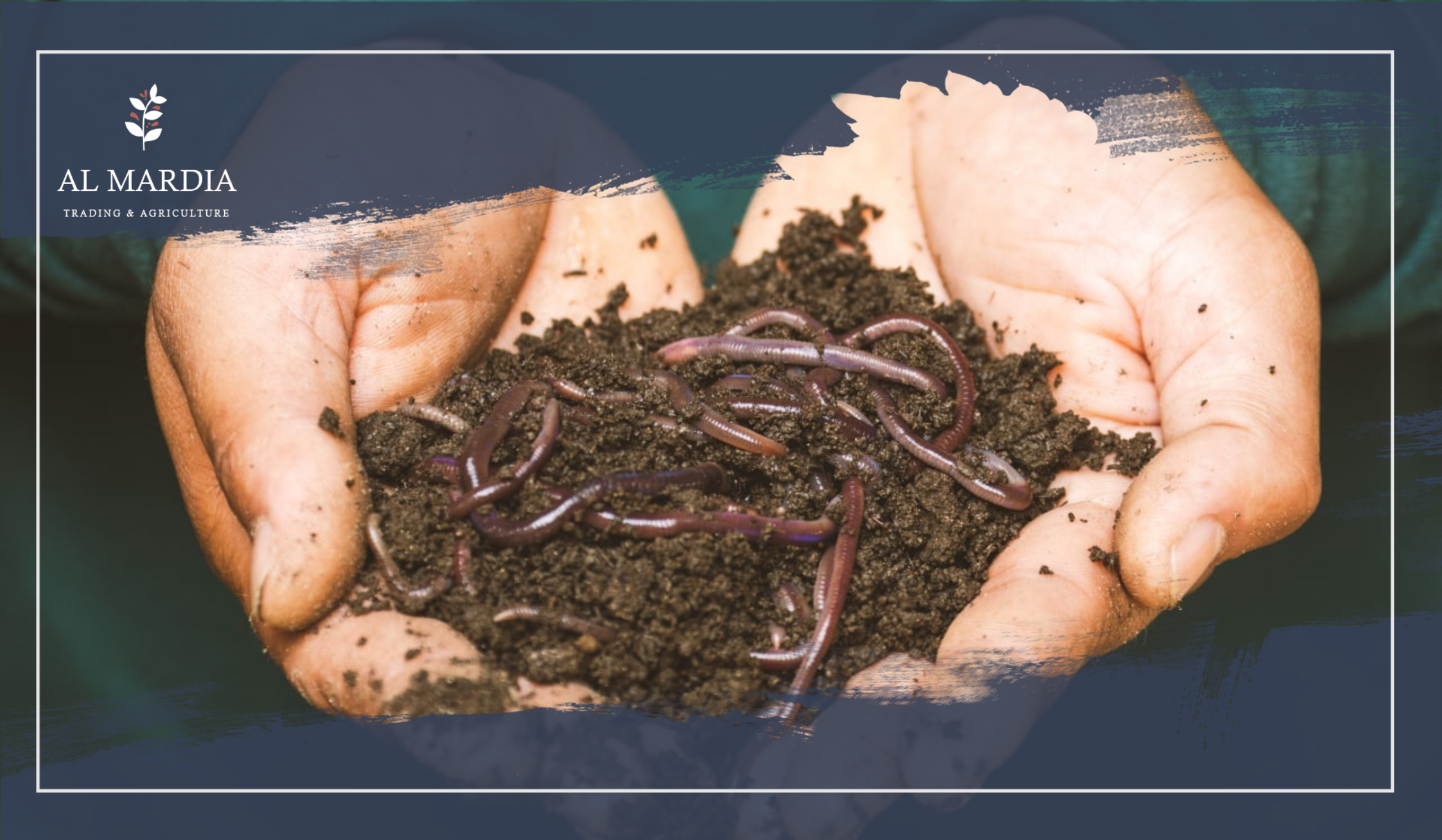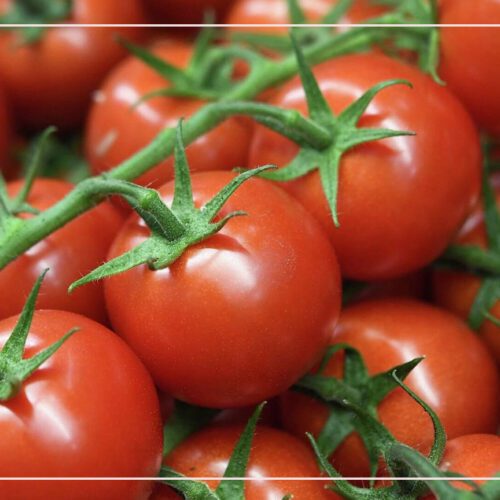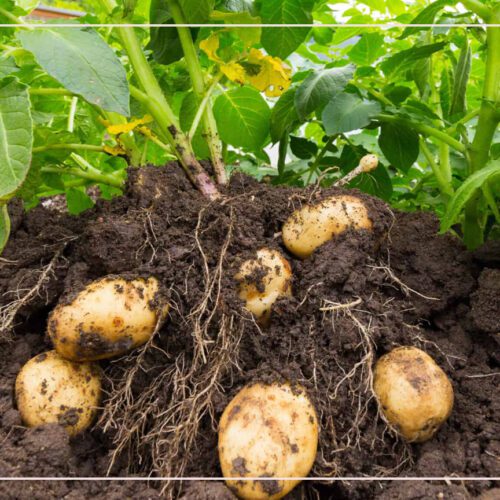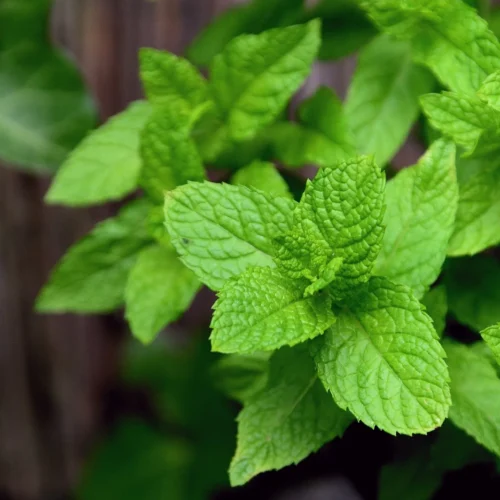

Earthworms: Tiny Creatures, Huge Benefits
Earthworms, also known as night crawlers or dew worms, are small, slender invertebrates that live in the soil. They have segmented bodies, which allow them to stretch and contract as they burrow through the ground. Earthworms have no eyes, but they have sensitive skin and a well-developed sense of touch. This would help them navigate their underground environment. In this article, we provide a good review about these tiny creatures and their huge benefits.
One of the most interesting things about earth worms is their role in the ecosystem. They are essential to soil health and fertility. In addition, they help to aerate and enrich the soil by breaking down organic matter and releasing nutrients back into the soil. When earthworms burrow through the soil, they create channels that allow air and water to circulate, which helps to improve the structure of the soil and make it more porous.
Earthworms also play a crucial role in the carbon cycle. As they break down organic matter, they release carbon dioxide into the atmosphere. This process helps to regulate the levels of carbon dioxide in the atmosphere, which is important for controlling the greenhouse effect and global warming.
Biological review
There are over 6,000 known species of earthworms, and they can be found in almost every part of the world. They are most commonly found in moist, well-drained soils. They also prefer temperatures between 50° and 77° Fahrenheit.
Earthworms are hermaphrodites, which means that they have both male and female reproductive organs. They reproduce by exchanging sperm with another earthworm, and then each individual produces a small cocoon in which it lays its eggs. The eggs hatch into tiny worms that grow and mature over time.
Earthworms are often used as bait for fishing, and they are also used in vermicomposting, which is the process of using worms to break down organic waste and produce compost. Vermicomposting is a sustainable and environment-friendly way to dispose of organic waste. It also reduces the amount of waste that ends up in landfills and helps to improve soil quality.
Interesting facts about earth worms
- Earthworms are often referred to as “nature’s plow,” as they help to cultivate the soil by breaking down organic matter and creating channels for air and water to circulate.
- Earthworms have a simple digestive system, and they consume organic matter by grinding it up with their powerful muscles and grinding plates in their mouths. They then extract the nutrients from the organic matter and excrete the waste, which helps to enrich the soil.
- Earthworms have a high reproductive rate, and they can produce up to 20 cocoons per year, each of which contains up to 20 eggs.
- Earthworms are prey for many animals, including birds, snakes, and mammals. They are also vulnerable to environmental threats such as pesticides, pollution, and habitat destruction.
- Earthworms are classified as Lumbridge, which is a family of worms that includes over 6,000 species. Some of the most common species of earth worms include the common earthworm (Lumbricus Terrestris), the red worm (Eisenia fetida), and the nightcrawler (Lumbricus Nocturnus).
- Earthworms have a simple nervous system, and they are able to sense light and temperature changes. They are also able to sense vibrations in the soil, which helps them to detect predators or other threats.
- Earthworms are often used in vermicomposting because they are efficient at breaking down organic matter and producing compost. Vermicomposting can be done on a small scale, such as in a backyard compost bin, or on a larger scale, such as at a municipal composting facility.
- Earthworms have been used for centuries as bait for fishing, as they are attractive to many species of fish. They are also used in medical research and in the production of pharmaceuticals and cosmetics.
Related Topic: All You Need to Know about Soil Salinity
How to prevent earthworms from dying?
Provide a suitable habitat: Earthworms thrive in moist, well-drained soil with a pH between 6.0 and 7.0. If the soil is too dry or too wet, or if the pH is too high or too low, earth worms may struggle to survive.
Avoid using pesticides:
Pesticides can be harmful to earthworms and other beneficial insects and microorganisms in the soil. Instead, try using natural pest control methods such as companion planting or releasing beneficial insects.
Protect the soil
Soil erosion and compaction can both be harmful to earthworms. To prevent corrosion, consider adding mulch or planting ground cover plants. To prevent compaction, try to minimize the amount of foot traffic on the soil and avoid driving heavy machinery over it.
Provide a food source
Earthworms feed on organic matter, so adding compost or other organic materials to the soil can help to provide a food source for them.
Avoid over-watering
While earthworms do need moisture to survive, they can drown if the soil becomes too wet. Be sure to water your plants and soil evenly and avoid overwatering.
Create a worm bin
If you want to keep earthworms as pets or use them for vermicomposting, consider creating a worm bin. A worm bin is a small, enclosed area that provides a safe and suitable habitat for earthworms.
By following these steps, you can help to ensure that your worms thrive and remain healthy.
In conclusion, earthworms are fascinating creatures that play a vital role in the ecosystem. They are essential for soil health and fertility, and they help to regulate the levels of carbon dioxide in the atmosphere. They are also useful for vermicomposting and as bait for fishing.
You can now check the full list of Agricultural Products
produced by Almardia Group
Common Questions
-
Are earthworms helpful or harmful?
Earthworms can enhance the soil quality and help to increase the amount of water and air that gets into the ground. it’s one of the most beneficial and sustainable soil fertilizers.
-
How are earthworms useful in agriculture?
Earthworms help to cycle nutrients by making nitrogen available to plants. This is beneficial because the presence of nitrogen leads to an increase in the protein content of plant leaves and this helps with plant growth.
-
Which is better compost or vermicompost?
Vermicompost can enrich the soil with nitrogen, phosphorus, and potassium content. It improves soil structure and its capacity to hold water.





